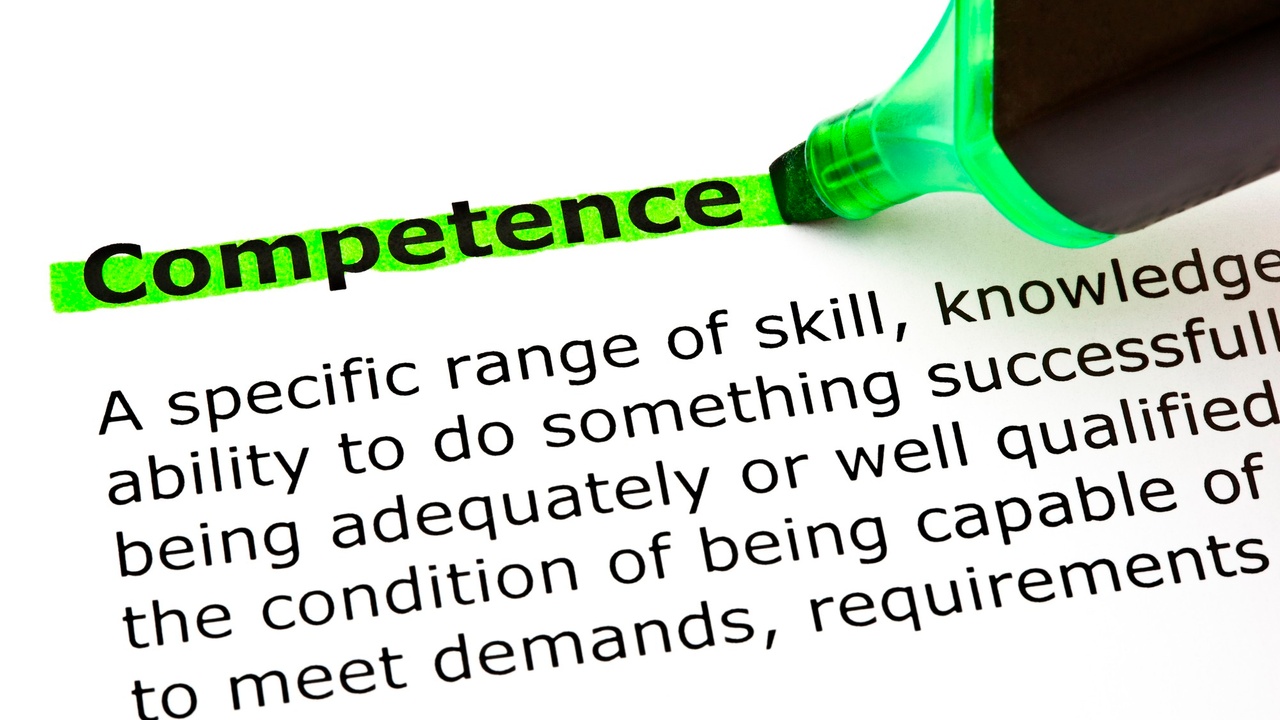
By Graham Acreman
We've all had to sit through awful meetings. You arrive on time but half the people are late, including the person who arranged the meeting. You finally start 10 minutes behind schedule. The people in the room look like they would rather be somewhere else, and no one seems to know the agenda. And after what seemed like an eternity, the meeting wraps up with zero decisions made.
Many people think of meetings as a massive waste of time, and you can't blame them. We often use meetings to share updates, and while that may be useful at times, it's not the most productive use of your time.
Bad meetings also have a negative economic impact. 50 percent of people find meetings to be unproductive. Nearly 75 percent of attendees do unrelated work during meetings. 9 out of 10 people daydream instead of focusing on the agenda.
For a meeting to be truly effective, it needs to be focussed and lead to something new: a new decision, a new solution to a problem, or even a new idea.
While you can't totally eliminate meetings from your schedule, there are a number of things you can do to make them more effective. Learning how to plan effective meetings not only improves productivity but can also make you a better and more successful leader. Let's get started.
Is a meeting really necessary?
Before sending out calendar invites, ask yourself, “Is a meeting really necessary?” Some meetings may be but many are not. Is the meeting essential to the growth or management of your business? It really boils down to the nature of the discussions.
If the purpose of the meeting is to share updates, it might be better to cancel it altogether. Instead, ask your employees to email you a status report and you can arrange a follow-up meeting with them, if required.
If your goal is to brainstorm a solution to a problem, get people to come to a decision, or further develop an idea, a meeting might be the best way to do that.
For presentations, consider sending out the deck in advance. Focus on the salient points during the actual presentation and devote more time to a roundtable discussion.
Set the agenda
Once you've established the necessity of hosting a meeting, the next thing you need to do is to set an agenda. This narrows down the purpose of the meeting and eliminates time-wasting sidebars. It helps keep the conversation focussed and on point. And if people know what to expect ahead of time, they can be better prepared for the meeting.
Summarize the objectives of the meeting and share them with all the attendees. You can do this in the calendar invite, but if you want to add more detail, it might better to send a follow-up email.
Appoint a Facilitator
Meetings with no clear leader are more likely to go off track and run overtime. Make sure every meeting has a designated facilitator to keep things in order and on track. Their job is to start the meeting on time, keep everyone’s focus on the agenda, engage attendees, and summarize the results of the meeting.
Choose who gets to attend
So you've set the meeting and the agenda. The next thing you need to do is to create an invite list.
Not everyone needs to be present during the meeting. For decision-making or brainstorming meetings, you only have to invite essential personnel. Those who will contribute to the discussion at hand.
If you can save two members of your team from a one-hour meeting, that's two hours that could be put to better use for your business.
Being selective of who should attend a meeting is not just a time issue. By limiting the invite list, you’re likely to get more relevant feedback and have focussed conversations. Attendees will be less guarded with their feedback and it is easier to keep the discussions focussed.
Smaller meetings frequently accomplish more and produce better results.
Document everything
To keep everyone aligned, document every pertinent detail (e.g. decisions, proposed actions, delegated responsibilities) and send the summary to the attendees within a day of the meeting.
Get Strategies, Tips, & Tactics
Subscribe to the Acreman Business Roundup and get weekly updates that will help you grow your business and build the lifestyle of your dreams.
We hate SPAM. We will never sell your information, for any reason.






